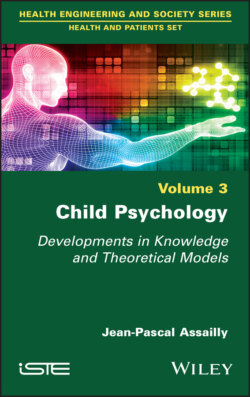Читать книгу Child Psychology - Jean-Pascal Assailly - Страница 72
2.6. Prenatal exposures 2.6.1. Exposure to alcohol
ОглавлениеTwenty percent of French women continue to occasionally drink alcohol during pregnancy. Fetal alcohol spectrum disorder (FASD) refers to all the effects (such as physical, cognitive and behavioral) that may be observed in a person whose mother drank alcohol during pregnancy.
It includes a set of conditions representing a “continuum”, from the most characteristic, most severe and easiest-to-diagnose form – fetal alcohol syndrome (FAS) – to so-called “incomplete” forms, which are much less well known and will reveal themselves later on through occasionally severe learning and/or behavioral disorders, the causes of which are far from always being identified.
In France, the collective expertise of Inserm “Alcool, effets sur la santé” (Alcohol, effects on health), published in 2001, estimated that 700 to 3,000 children, out of 750,000 annual births, would be affected by this syndrome, with a higher incidence on the island of Reunion, in Nord-Pas-de-Calais, Normandy and Brittany.
The effects on the central nervous system that have functional implications are now well known and include, among others, cognitive, motor, memory, executive function and communication impairments.
Longitudinal studies of alcohol in young adults have also shown that prenatal alcohol exposure is related to adult drinking problems. Exposure to one or more drinks per day during the first trimester of pregnancy has been significantly linked with increased levels of alcohol use at age 22, while controlling other predictors of alcohol use (Goldschmidt and Richardson 2019). These results indicate that individuals exposed to a single drink per day during gestation are at risk of increased alcohol use and alcohol problems at age 22.
